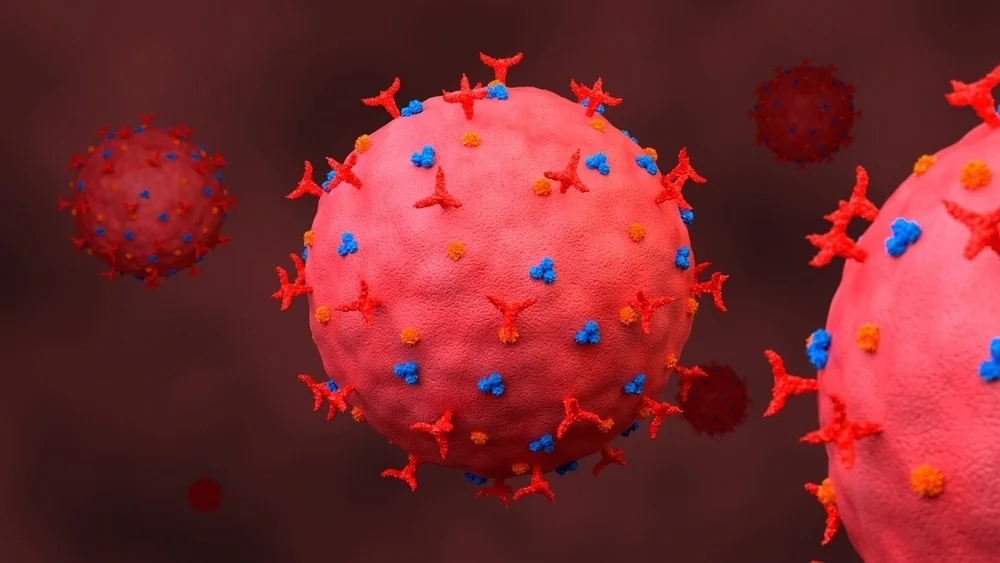Exploring the Causes and Treatments of IGF

Exploring the Causes and Treatments of Insulin-like Growth Factor (IGF) Deficiency
Insulin-like Growth Factor (IGF) deficiency is a complex medical condition characterized by inadequate levels of IGF-1 and IGF-2 hormones, which play a crucial role in regulating growth and development throughout life. IGF deficiency can manifest in childhood as growth retardation or in adulthood as metabolic disturbances and other health issues. This article delves into the causes, symptoms, and treatments of IGF deficiency, shedding light on its clinical significance.
Causes of IGF Deficiency:
IGF deficiency can arise from various factors, including genetic mutations, hormonal imbalances, and environmental influences. Some cases are familial, where genetic mutations impact the IGF signaling pathway, hindering the production or function of IGF hormones. Additionally, disruptions in the pituitary gland's functioning, responsible for secreting growth hormone that triggers IGF production, can lead to deficiency. Certain chronic illnesses, such as malnutrition, liver dysfunction, or kidney diseases, can also contribute to IGF deficiency by interfering with the hormone's synthesis or availability.
Symptoms of IGF Deficiency:
The symptoms of IGF deficiency depend on when the deficiency occurs. In childhood, the most prominent manifestation is growth retardation, resulting in shorter stature compared to peers. Other signs may include delayed puberty, delayed skeletal maturation, and a proportionally small body. In adulthood, IGF deficiency can lead to metabolic issues, such as insulin resistance, increased risk of type 2 diabetes, and cardiovascular problems. Individuals may also experience reduced muscle mass, decreased bone density, and impaired overall well-being.
Diagnosis and Medical Evaluation:
Diagnosing IGF deficiency involves a comprehensive medical evaluation. Doctors often measure levels of IGF-1, the primary mediator of growth hormone's effects, and IGF binding proteins in the blood. If these levels are abnormally low, additional tests are conducted to identify the underlying cause. Medical history, genetic testing, and imaging techniques like MRI scans can help pinpoint the root of the deficiency.
Treatments for IGF Deficiency:
The treatment approach for IGF deficiency varies depending on the underlying cause and the age of the individual. In children with growth retardation, recombinant human growth hormone (rhGH) therapy is a common treatment option. This therapy involves administering synthetic growth hormone, which stimulates the production of IGF hormones and promotes linear growth. Monitoring and dose adjustments are crucial to ensure optimal growth without adverse effects.
For adults with metabolic and health issues related to IGF deficiency, treatment focuses on managing the associated conditions. Lifestyle modifications such as regular exercise, a balanced diet, and weight management can help improve insulin sensitivity and overall health. In cases where the deficiency is linked to specific medical conditions like liver disease, addressing the underlying ailment can indirectly improve IGF levels.
Ongoing Research and Future Directions:
Research into IGF deficiency continues to advance our understanding of its causes and treatment options. Genetic studies aim to identify specific mutations and their impacts on IGF signaling, potentially leading to targeted therapies. Furthermore, exploring the interplay between IGF deficiency and conditions like obesity, cancer, and neurodegenerative diseases could uncover new avenues for intervention.
In conclusion, IGF deficiency is a multifaceted medical condition with far-reaching effects on growth, metabolism, and overall health. Genetic, hormonal, and environmental factors contribute to its development, and its symptoms can vary depending on the age of onset. Accurate diagnosis and tailored treatments, including growth hormone therapy and lifestyle modifications, are pivotal in managing IGF deficiency and improving quality of life. Ongoing research holds promise for further advancements in understanding the intricate mechanisms of IGF deficiency and developing innovative therapeutic strategies.
- Questions and Answers
- Opinion
- Story/Motivational/Inspiring
- Technology
- Art
- Causes
- Crafts
- Dance
- Drinks
- Film/Movie
- Fitness
- Food
- Games
- Gardening
- Health
- Home
- Literature
- Music
- Networking
- Other
- Party
- Religion
- Shopping
- Sports
- Theater
- Wellness
- News
- Culture
- War machines and policy

